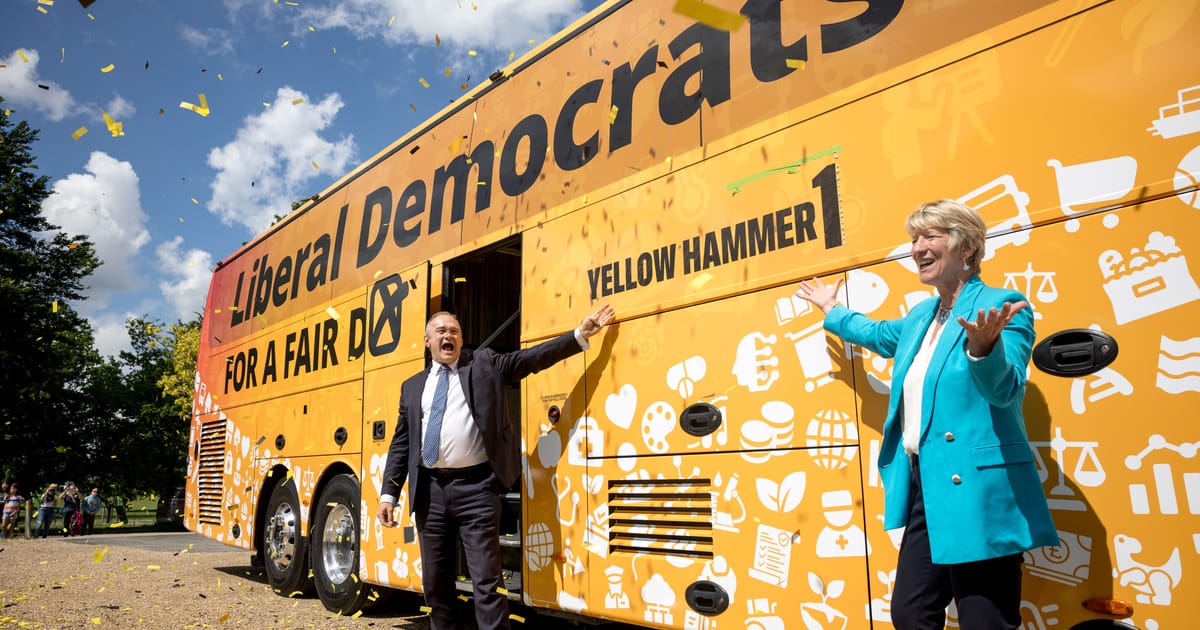

In recent developments, the climate agenda has taken center stage for various political and environmental discussions across Europe, highlighting the intricate balance between advocating for sustainability and addressing economic ramifications. As political parties, governmental bodies, and environmental groups reassess their strategies, a soothing narrative emerges—one calling for thoughtful engagement and collaborative action to tackle the complex interplay of climate initiatives and economic imperatives.
The UK’s Liberal Democrats, the nation’s third-largest political party, have propelled themselves into the spotlight by doubling down on their green policies. Recognizing the potential for attracting disenchanted Conservative voters, the party aims to offer a robust alternative vision centered on environmental stewardship. This strategic pivot underscores a broader political trend where parties increasingly view climate policy as a decisive electoral lever. By proposing comprehensive approaches to green governance, the Liberal Democrats seek not only to influence policy but also to foster a culture of mindful environmental responsibility among voters.
Meanwhile, on the European stage, a new budget proposal by the EU Commission has sparked concern among environmental advocates. The proposed budget does not earmark funds specifically for biodiversity restoration—a shift that worries campaigners who fear it might prioritize competitive industrial programs over ecological well-being. This change suggests a potential redirection of resources that advocates believe could undermine biodiversity and hinder progress in the fight against pollution and the promotion of a circular economy. Despite these concerns, the dialogue surrounding the budget plan invites a wider reflection on balancing economic competitiveness with sustainable ecological practices.
Adding to the complex landscape are the economic repercussions of climate change as evidenced by changing prices in the food industry. An enlightening study recently documented notable inflation in essential goods like olive oil, cocoa, and fresh produce. These price increases have been attributed to extreme climatic events, showcasing a tangible impact of climate instability on daily consumer experiences. As these realities surface, they underscore the urgency for integrating climate resilience into economic planning.
This confluence of political, economic, and environmental challenges presents a unique opportunity to cultivate a collective consciousness geared towards sustainable development. By embracing policies that resonate with ecological realities and implementing measures that mitigate economic disruptions, stakeholders can chart a path towards a harmonious balance. Continuing the conversation with an emphasis on cooperation and integrated strategies can inspire positive change, ensuring a viable future that respects both planetary and human needs.
Ultimately, as these narratives unfold, they invite thoughtful participation from citizens, policymakers, and organizations alike. By focusing on shared values of sustainability and economic stability, and fostering collaboration across different sectors and communities, there is hope for a future where ecological integrity and economic prosperity coexist harmoniously. This careful weaving of policy, action, and awareness can nourish a resilient society attuned to the needs of the present and the potential of the future.
Source: {link}
